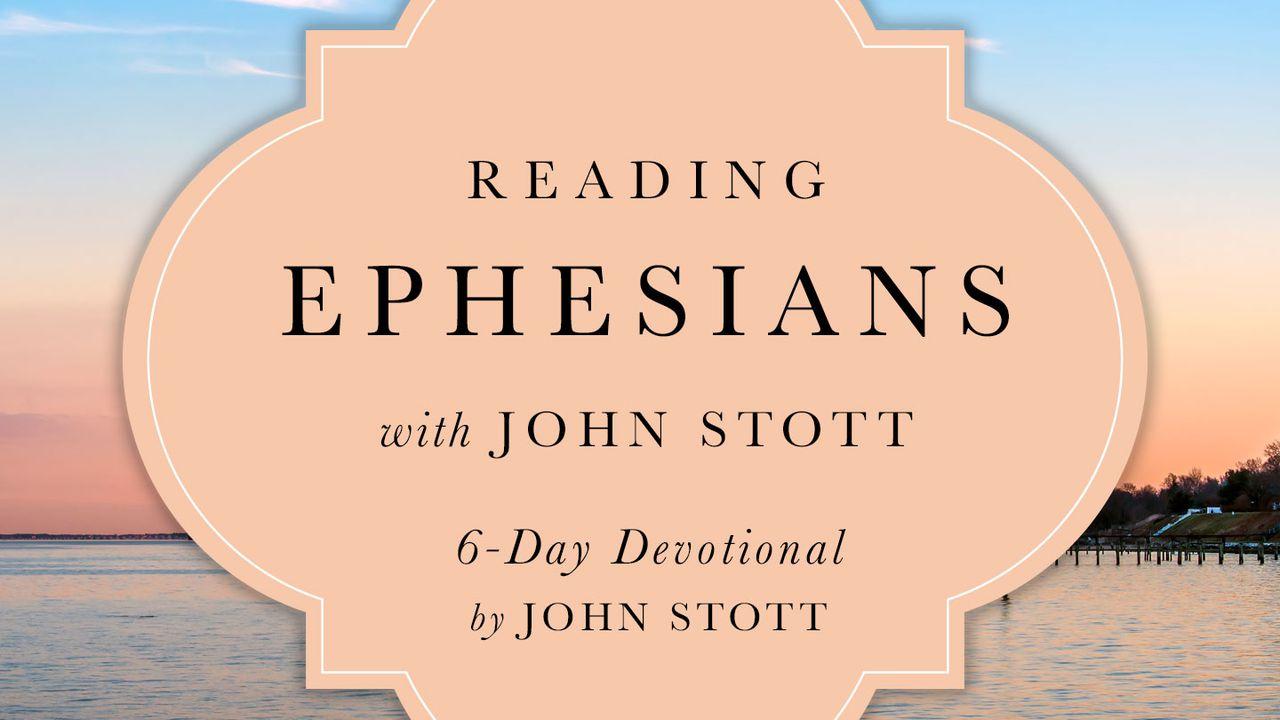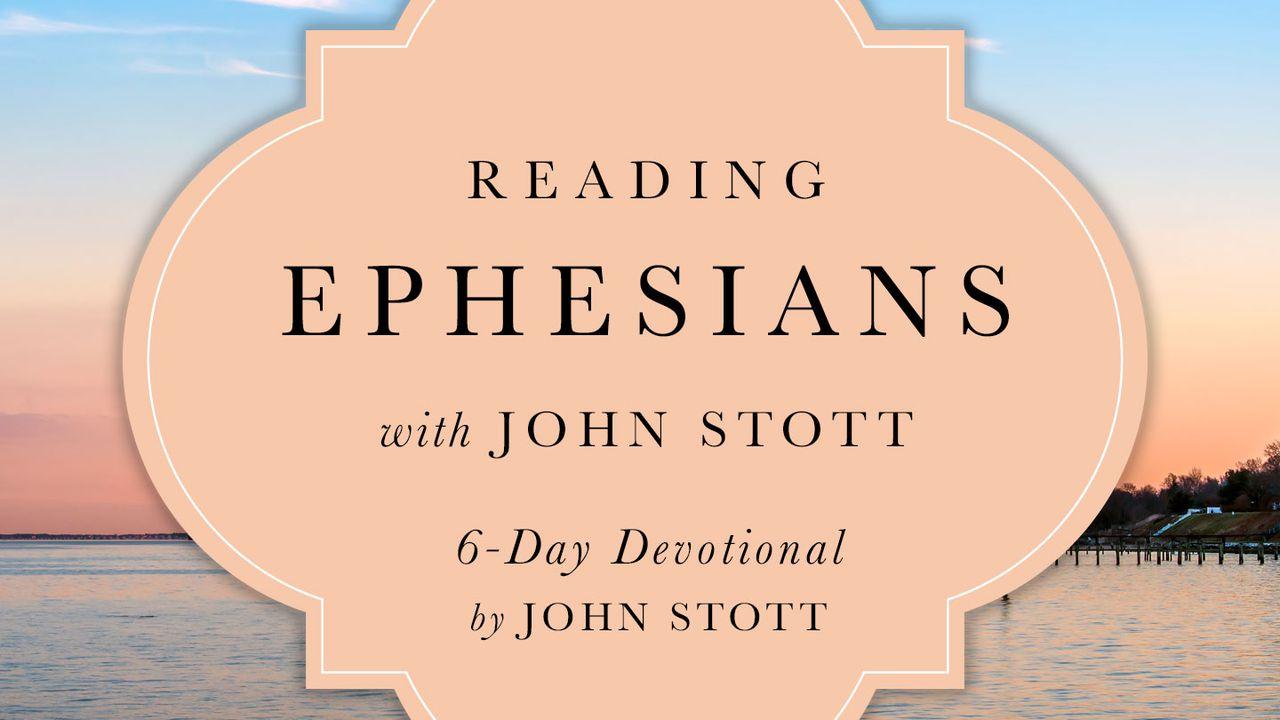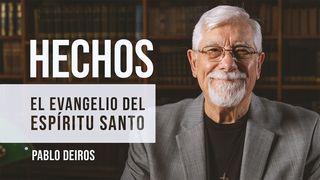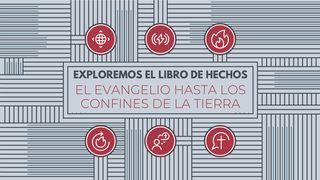Información del plan
Reading Ephesians With John StottMuestra

The Present Blessing of Adoption
When people ask us why God went ahead with the creation when he knew that it would be followed by the fall, one answer we can tentatively give is that he destined us for a higher dignity than even creation would bestow on us. He intended to adopt us, to make us the sons and daughters of his family. In Roman law (part of the background to Paul’s writing) adopted children enjoyed the same rights as natural children. The New Testament has much to say about this status of sonship, its rich privileges and demanding responsibilities.
Take our privilege first. God’s children enjoy a free access to their heavenly Father, and their confidence before him is due to the knowledge that they have been redeemed and forgiven. Redemption means “deliverance by payment of a price.” Here it is equated with forgiveness, for the deliverance in question is a rescue from the just judgment of God on our sins, and the price paid was the shedding of Christ’s blood when he died for our sins on the cross. So redemption, forgiveness, and adoption all go together. We become his sons and daughters because of the lavish outpouring of his grace on us.
But adoption implies responsibility too, for the heavenly Father does not spoil his children. On the contrary, he “disciplines us for our good, in order that we may share in his holiness” (Hebrews 12:10). So Paul’s two statements are parallel, that “he destined us . . . to sonship” (v. 5) and “he chose us . . . to be holy” (v. 4). It is inconceivable that we should enjoy a relationship with God as his children without accepting the obligation to imitate our Father and cultivate the family likeness.
So then adoption as God’s sons and daughters brings both a plus and a minus, an immense gain and a necessary loss. We gain access to him as our Father through redemption or forgiveness. But we lose our blemishes, beginning at once by the sanctifying work of the Holy Spirit, until we are finally made perfect in heaven. What seems to unite the privilege and the responsibility of our adoption is the expression “in his sight” (v. 4) or “in his presence.” For to live our life in the conscious presence of our Father is both an immeasurable privilege and a constant challenge to please him.
From Reading Ephesians with John Stott by John Stott with Andrew T. Le Peau.
Escritura
Acerca de este Plan

Paul’s letter to the church in Ephesus is a concise yet comprehensive summary of the Good News of Jesus and its implications for us all. The entire letter is a magnificent combination of Christian doctrine and Christian ...
More
Planes relacionados

Pensando Pensamientos

ÍDOLOS

Cómo Llegar a Ser Un Líder en Mi Iglesia

Cómo Ser Un Buen Padre Cristiano

Cómo Ser Padres Cristianos

HECHOS: El Evangelio Del Espíritu Santo

¿Cuál Debe Ser Mi Prioridad Financiera?

Exploremos el libro de Hechos: El Evangelio hasta los confines de la tierra

¡Entrega Todo!
